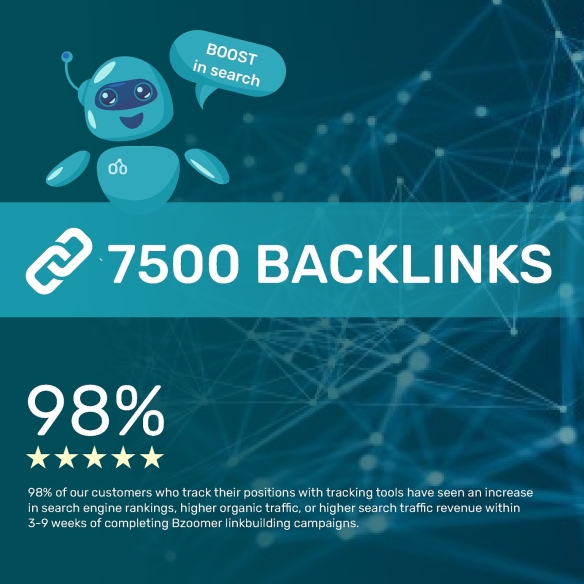In today’s fast-paced digital world, effective communication is the backbone of any successful business. Companies are constantly looking for solutions that enhance their communication channels, whether to engage with customers or streamline internal processes. Two prominent options often considered are text messaging providers and VoIP APIs. But how do you decide which one suits your needs? Let’s break it down.
What is a Text Messaging Provider?
A text messaging provider offers businesses the tools and infrastructure to send SMS or MMS messages to customers and employees. These services are ideal for companies looking to:
- Send notifications, reminders, or updates.
- Run marketing campaigns through bulk SMS.
- Provide two-factor authentication (2FA) to enhance security.
Many providers also offer advanced features like delivery tracking, personalized messaging, and scheduling. The best text messaging providers ensure high deliverability rates, reliable infrastructure, and global reach.
What is a VoIP API?
A VoIP API (Voice over Internet Protocol Application Programming Interface) allows developers to integrate voice communication capabilities into their applications. With a VoIP API, businesses can:
- Enable voice calls over the internet within apps.
- Create interactive voice response (IVR) systems.
- Integrate real-time communication features into platforms like customer service apps or collaboration tools.
VoIP APIs are highly customizable, giving developers the flexibility to create tailored voice communication solutions that fit specific business needs.
Comparing the Two Solutions
While both solutions enhance communication, they serve distinct purposes:
| Feature | Text Messaging Provider | VoIP API |
|---|---|---|
| Primary Function | Sending SMS/MMS messages | Enabling voice communication via the internet |
| Ease of Integration | Pre-built platforms; minimal coding required | Developer-friendly APIs; requires coding knowledge |
| Use Cases | Marketing, notifications, 2FA | Voice calls, IVR systems, real-time voice apps |
| Cost | Pay-per-message or subscription-based | Typically usage-based (e.g., per call/minute) |
| Reliability | High for SMS delivery | Depends on internet connectivity |
When to Choose a Text Messaging Provider
A text messaging provider is ideal if your business primarily relies on SMS communication. For example:
- E-commerce businesses sending order updates or promotions.
- Healthcare providers reminding patients of appointments.
- Banks and fintech companies sending transaction alerts or 2FA codes.
If simplicity and quick implementation are priorities, a text messaging provider might be your best choice.
When to Opt for a VoIP API
If your business requires advanced voice communication capabilities, a VoIP API is the way to go. Consider this option if you:
- Run a customer support center that needs IVR or call routing.
- Develop mobile apps with real-time communication features.
- Manage a global team that relies on internet-based voice calls.
VoIP APIs are perfect for companies looking to create custom communication tools with a focus on voice.
Can You Use Both?
Absolutely! Many businesses integrate both solutions to maximize their communication capabilities. For example:
- An e-commerce platform can use text messaging providers for notifications and VoIP APIs for customer service calls.
- A SaaS company might leverage SMS for onboarding messages and VoIP for virtual meetings.
Using both tools ensures a seamless customer experience while covering various communication channels.
How to Choose the Right Provider
When selecting a text messaging provider or a VoIP API, consider the following:
- Scalability: Can the service grow with your business?
- Ease of Integration: Does the provider offer user-friendly APIs or plugins?
- Global Reach: Does the provider support international communication?
- Cost-Effectiveness: Are the pricing plans transparent and within your budget?
- Reliability: Does the provider have a track record of high uptime and delivery rates?
Conclusion
Choosing between a text messaging provider and a VoIP API depends on your business’s unique needs. If you need a straightforward solution for SMS communication, a text messaging provider is the clear winner. On the other hand, if voice capabilities are a priority, investing in a VoIP API is the smarter choice.
For businesses that want the best of both worlds, integrating both solutions can offer unmatched flexibility and efficiency in communication. Evaluate your use cases, budget, and technical requirements, and choose the solution that helps you stay connected in a competitive marketplace.


